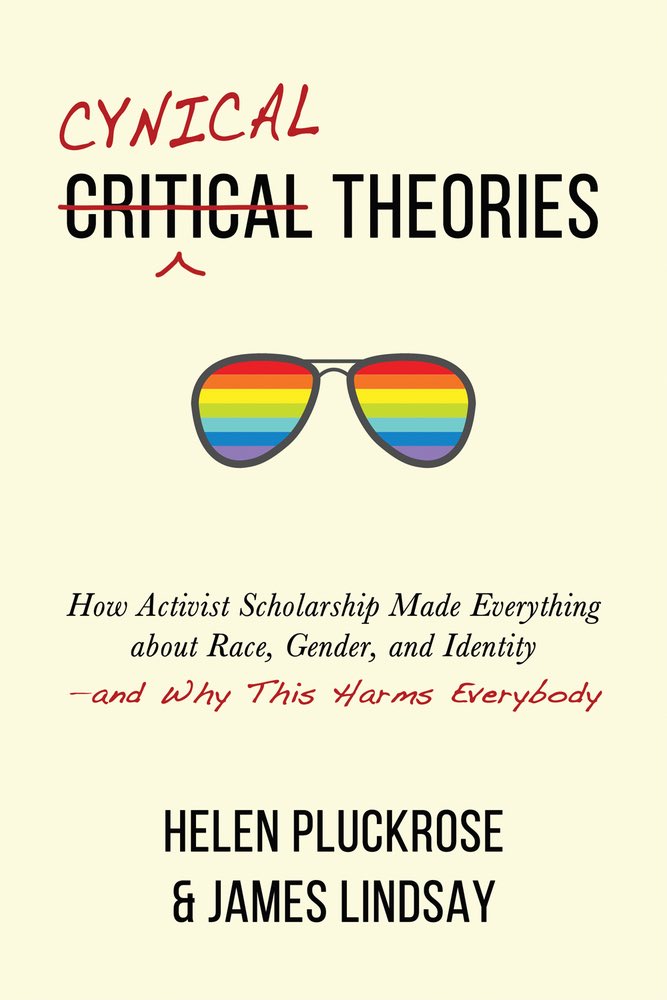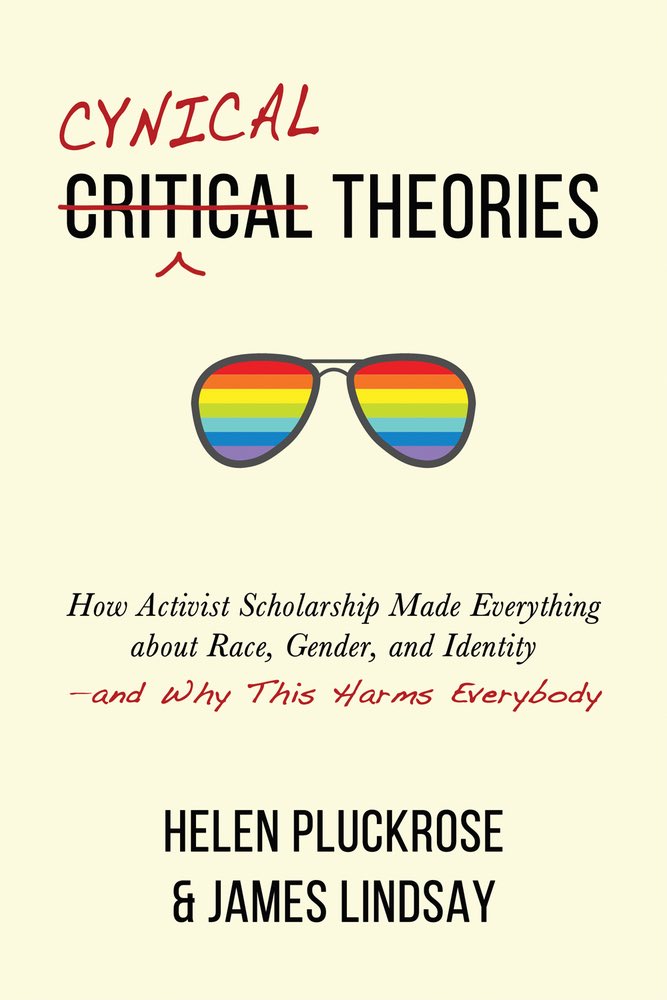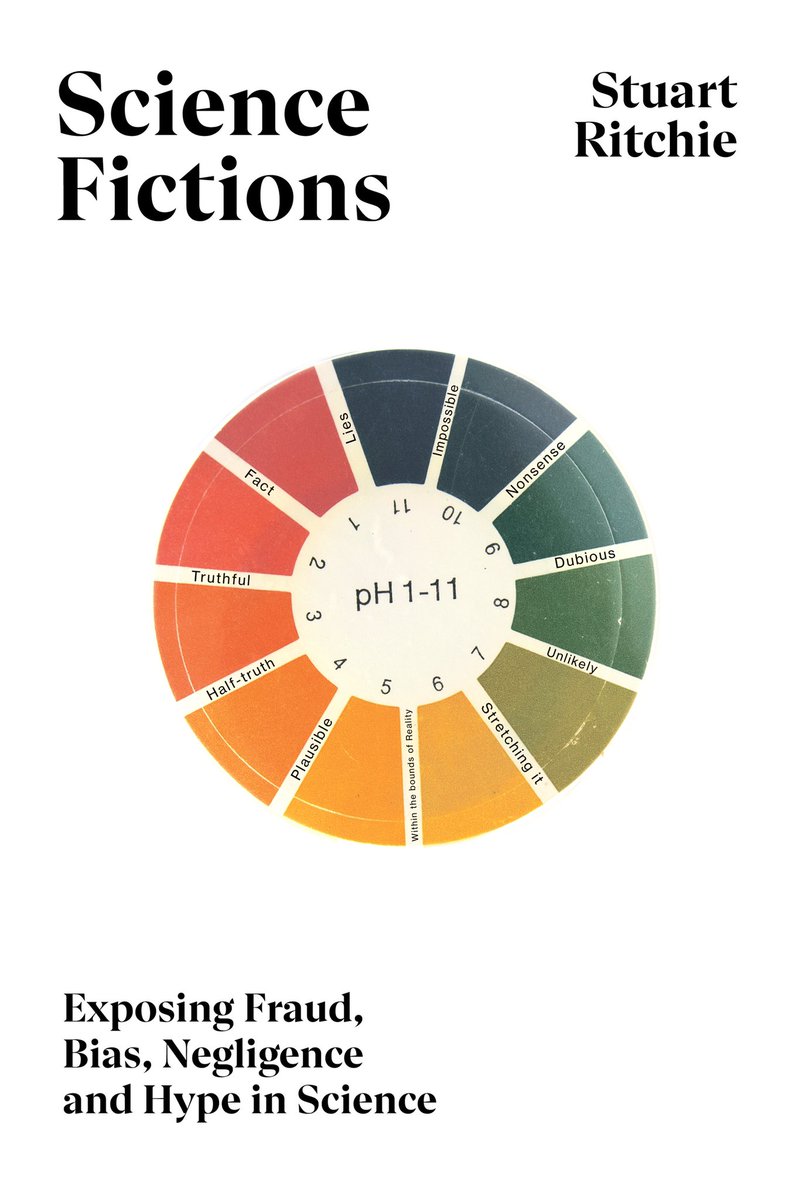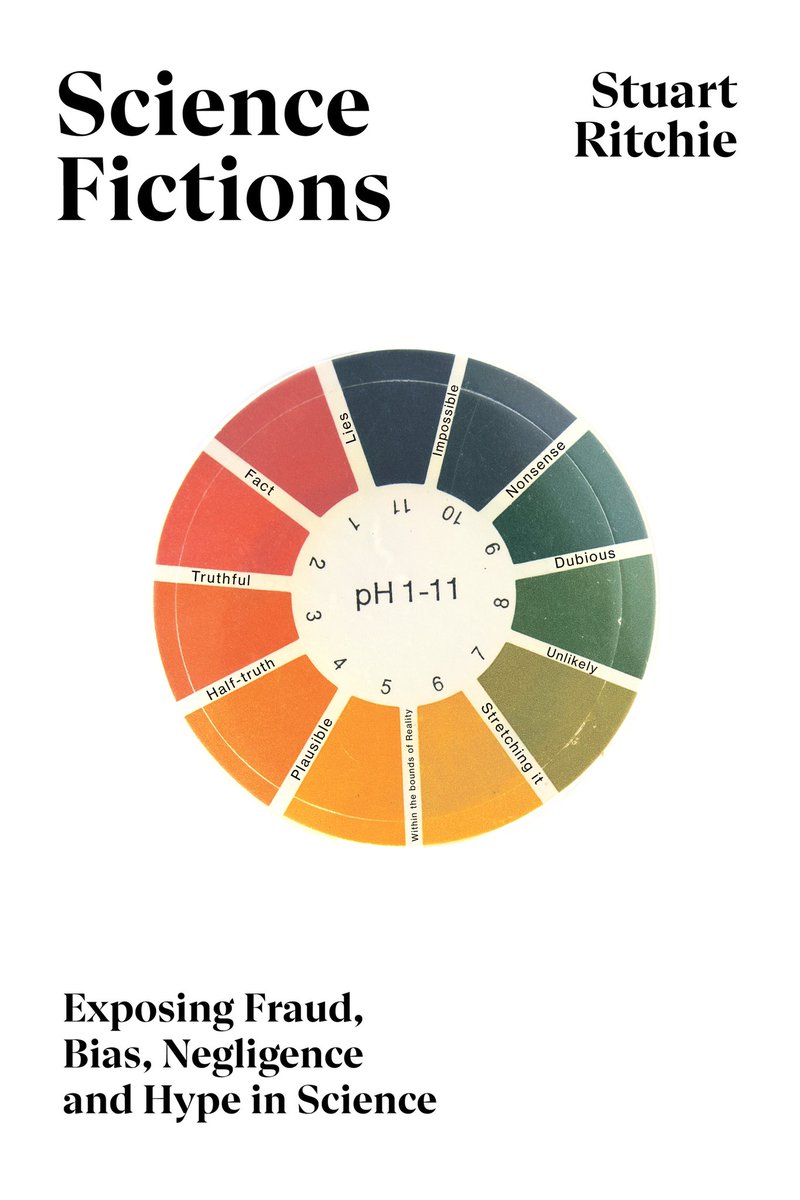
He would have expected Bret Weinstein to platform a fringe academic who is promoting unfounded fears about the vaccines?!? Am sure he will provide suitable critical pushback.
For those curious about the guest, see:
sciencebasedmedicine.org/countering-gee… pca.st/episode/4fe8d2…
For those curious about the guest, see:
sciencebasedmedicine.org/countering-gee… pca.st/episode/4fe8d2…
Some more useful articles:
deplatformdisease.com/blog/addressin…
deplatformdisease.com/blog/addressin…
I haven't got through yet but have already heard Bret add in the requisite disclaimer that 'he doesn't know if he is right' that the vaccines should be halted due to their danger BUT what he can say is that Geert 'is making sense' and that his argument is 'completely coherent'.
Not going well. This is remarkably irresponsible. Bret and his guest warn that the vaccines may be dangerous for children and will suppress your natural immune system. You also get the naturalistic fallacy, Galileo gambit, and highly suspect historical claims. Catnip to Bret 😩.
• • •
Missing some Tweet in this thread? You can try to
force a refresh










